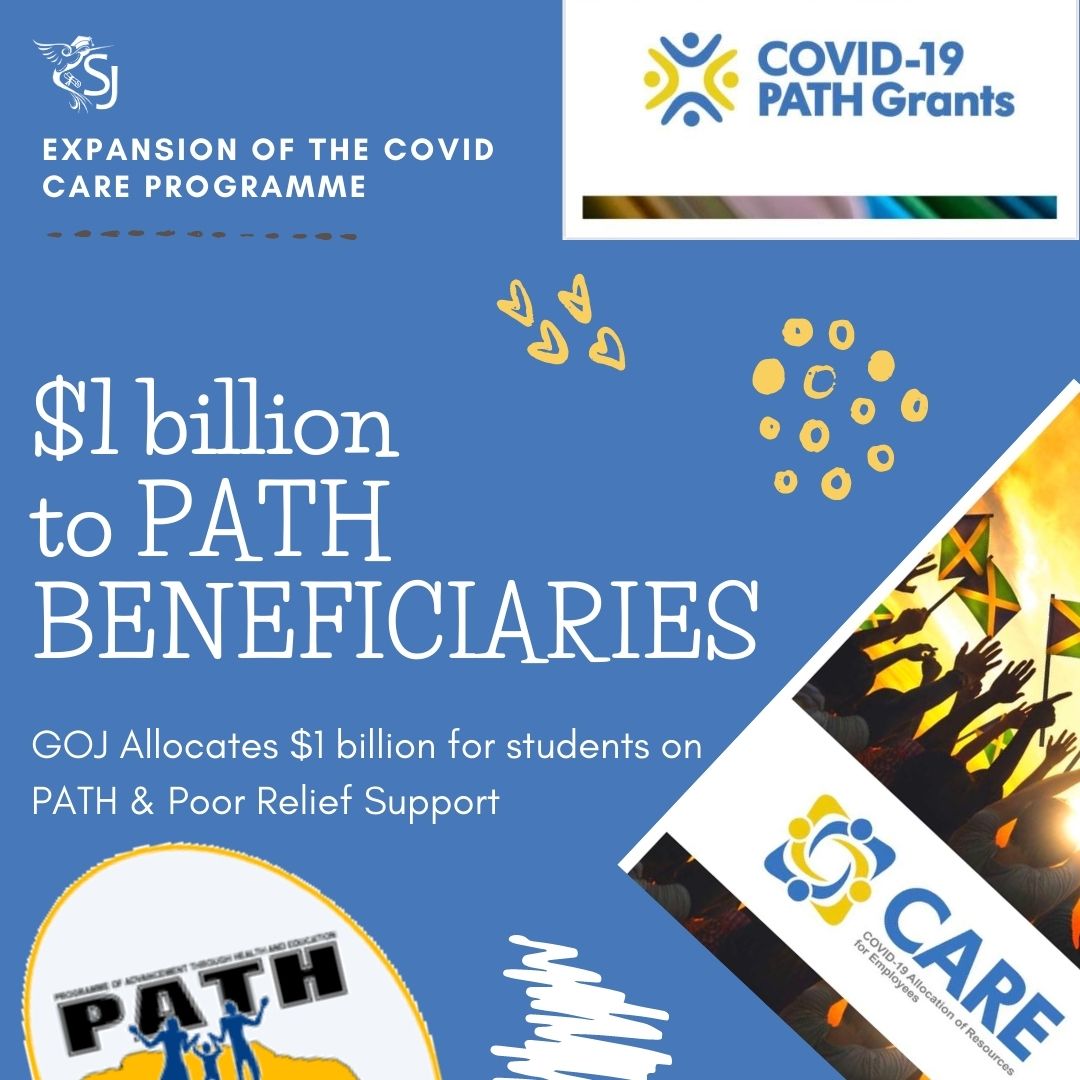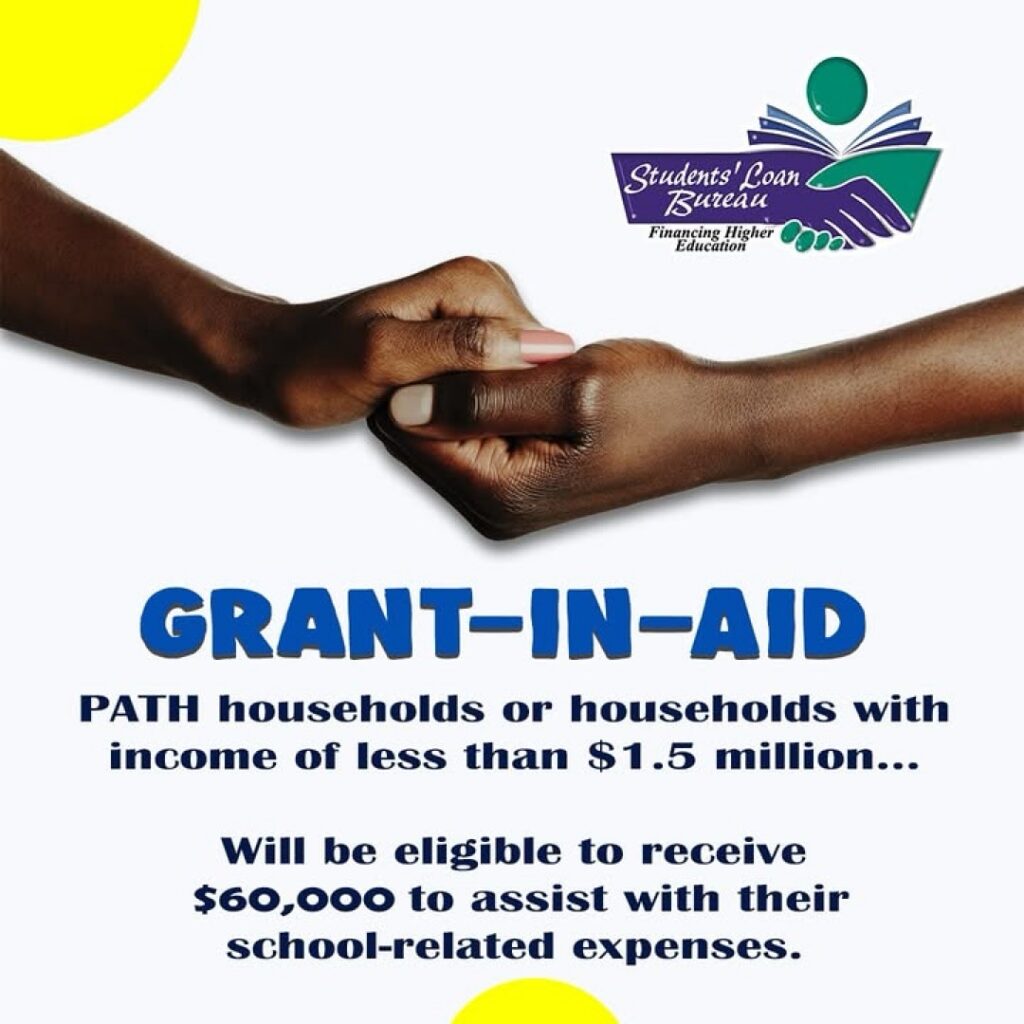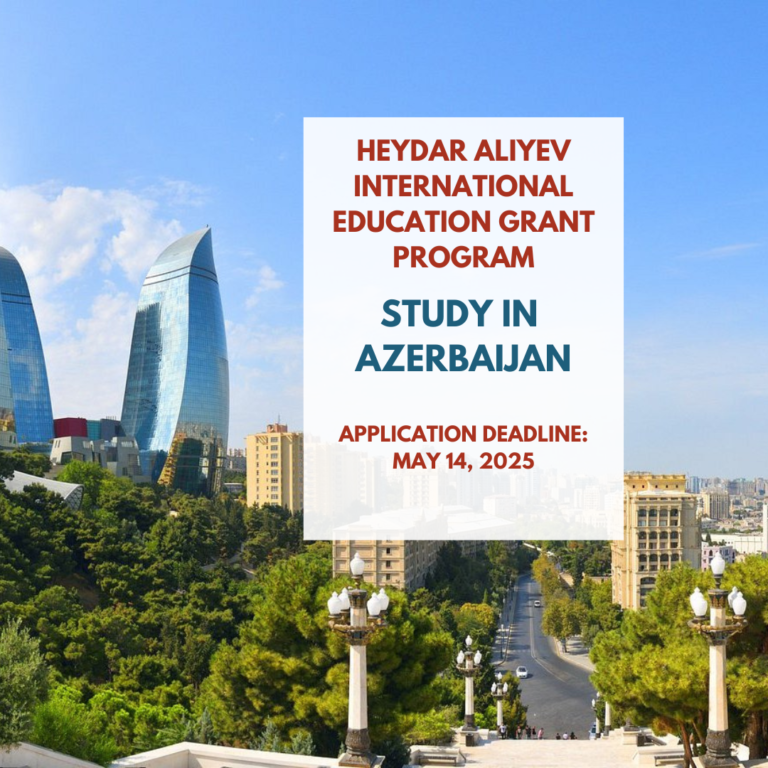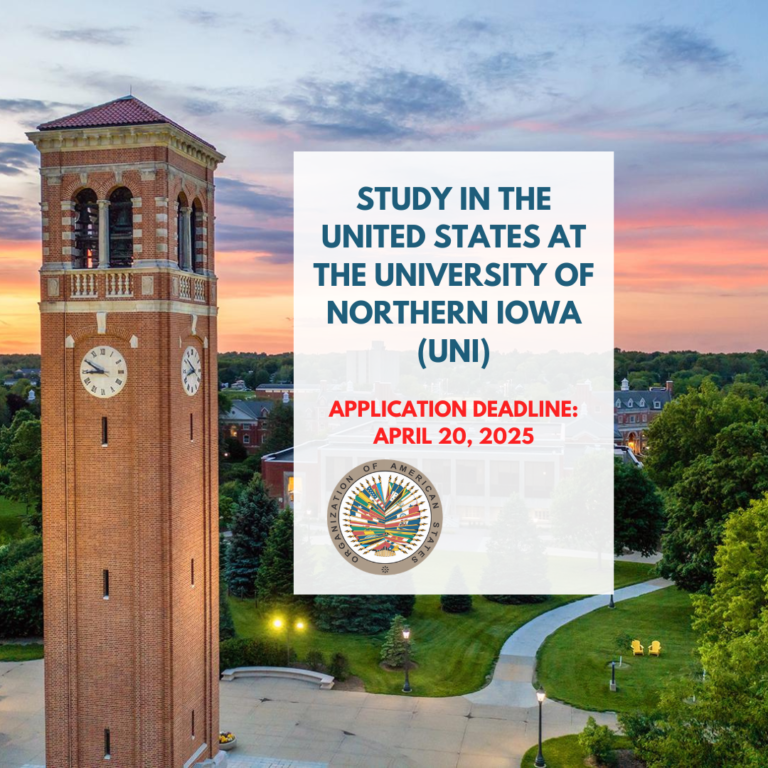
YALLAHS, St. Thomas – The Government will be allocating $1 billion in back-to-school assistance to just over 200,000 children who are on the Programme of Advancement Through Health and Education (PATH) and poor relief support.
Making the announcement in the House of Representatives yesterday, Finance Minister Dr Nigel Clarke explained that this will include a grant of $8,500 per student on those programmes at the primary and secondary levels to help to purchase school supplies for the new academic year, which begins September.
Additionally, he said the Government will provide a grant of $5,000 to each child at the early childhood level who is on PATH and the poor relief programme.
The payments will be made through the regular channels for those benefits, and those who are on both programmes will be paid through PATH. He said the initiative is an expansion of the COVID Allocation of Resources to Employees (CARE) programme and poor relief support.
Parliamentarians have also been asked to assist constituents to return to school from their Constituency Development Fund (CDF) allocations. “Having started with a broad-based approach, we want to focus on the vulnerable population,” Dr Clarke told the House.
Massive PATH Expansion of the CARE Programme & Poor Relief Support
The Opposition argued that while the assistance to the most vulnerable students was welcome, there are many others whose parents are urgently in need of help. Opposition spokesperson on education, Peter Bunting, called for a special COVID-19 assistance back-to-school grant of $10,000 per child across the board.
At the same time, Opposition spokesman on finance Mark Golding said his side was disappointed, arguing that Members of Parliament (MP) should receive additional CDF funds instead of being made to redirect funds.
$1 billion back-to-school assistance through PATH & poor relief support.
“More funds should have been provided for this. We are in a back-to-school crisis in an economy which is contracting…there are many families who are not on PATH and who need the help and are not going to get it. There is nothing in this for them. It is an absolute dereliction of duty,” he said.
Dr Clarke told the House that other kinds of provisions will be made to support the blended teaching and learning format for education in the upcoming school year. “Come September we are going to have to make certain allocations that are not yet in the budget in order to support the Ministry of Education to ensure that vulnerable children and otherwise have access to learning,” he said.
He also made it clear that the Government would not be increasing the CDF allocations during an election period. Meanwhile, Education Minister Karl Samuda assured that the preparations to administer education in the new COVID-19 environment is on track for the reopening of schools on September 7. He reiterated that registration packages should not exceed $5,000 for this school year and should outline what the poor relief support package entails to justify the need for the fees.
He said items that attract a cost, such as identification cards, insurance, physical education uniforms, should be itemized for purchase separately. Samuda also reminded school administrators of the non-mandatory fee policy for infant, primary and secondary schools, emphasizing that the ministry will continue to fund schools through grants which will be distributed in four tranches.
“The parent contribution charges should be reasonable and reflect consideration for the challenges our parents are facing during the disruptions caused by the COVID-19 pandemic,” the minister said. He stressed that students should not be denied entry to schools because of their parents’ inability to pay.
Now you can easily access scholarship updates anytime, anywhere on our Social Media Pages. Sourced from the poor relief support article in the Jamaica Observer online.












Comments are closed